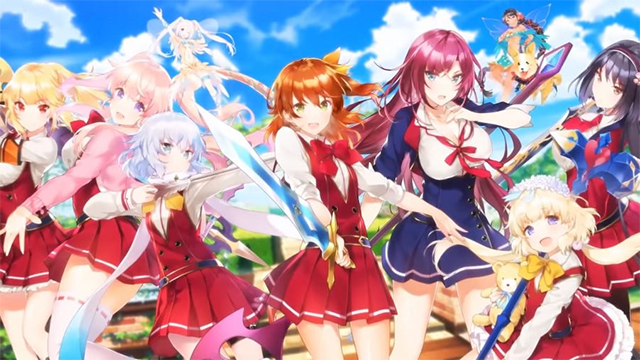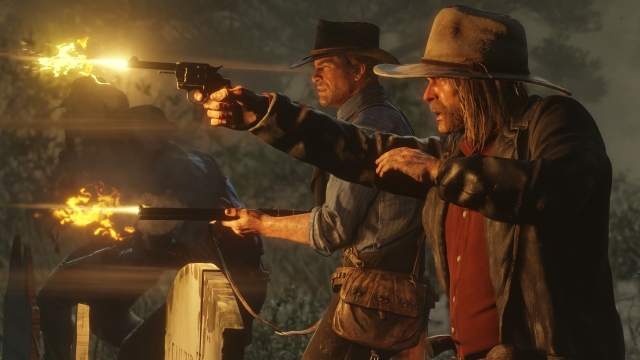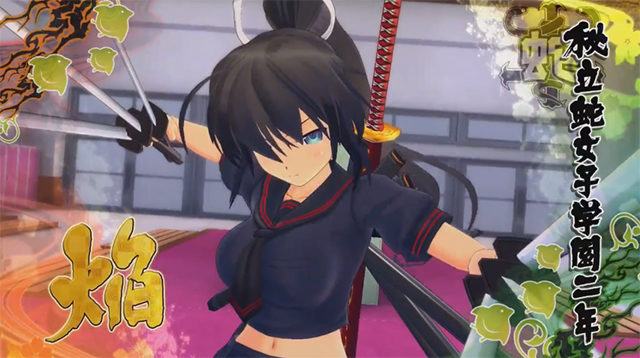The world of video games is no stranger to censorship and it’s highly unlikely that it will ever be completely eradicated as certain demographics will always be catered to. For example, Tokyo Mirage Sessions, Fire Emblem Fates, and Bravely Second are all recent games that have all been changed beyond their creator’s original intent. All three of these games also share another common thread: they’re exclusive to Nintendo platforms. However, Sony has recently been actively pushing for censorship with some erotic anime games. And this recent policy change sets a worrying precedent.
In the past, any minor censorship was confined to localizations. Dungeon Travelers 2’s Western localization censored four images; three of which were slightly altered because they depicted female characters that looked suspiciously young. While none of the pictures contained nudity, the impetus behind this decision is understandable. Japan and North America have completely different cultural views regarding sexuality. It’s not ideal, but it makes sense.
When Censorship Can Kill

Sony’s new policy, however, betrays that sense of logic. Beginning this year, the Japanese-based video game publishing giant has started pushing against sexually explicit content in its home country. Sony’s stringent guidelines led to the cancellation of Omega Labyrinth Z, a game some were looking forward to since its original 2015 Japanese release. While Sony didn’t refuse the game on its platforms, its intervention would have resulted in such a heavily compromised vision that its publisher, PQube, cancelled it. This was a blow to Western consumers, but not too surprising considering the gaming climate in North America and Europe.
Heads started turning once XSEED revealed the removal of Senran Kagura Burst Re:Newal’s intimacy mode in its PS4 localization. The mode, in which players feel up the characters, has been a series staple. Seeing it removed so suddenly when its last two PS4 entries (Estival Versus and Peach Beach Splash) embraced it seemed so uncharacteristic. While these two moments were enough to warrant outrage, Sony has now started policing games to the same extent in its own territory. Sakura Sakura, a 2009 PC adult visual novel, is getting Vita and PS4 ports in Japan this year. While a 2010 PSP version with less sexually explicit content exists, it was treated as a separate release for all ages titled Sakura Sakura: Haru Urara.
Sony’s new policy comes out of left field and seems like an attempt to simplify the localization process and ensure that different territories feature the same content. They’re ironically only making the process more difficult for everybody. In a shortsighted move, Sony only allows Japanese developers to plead for approval of their game’s content in English. That’s right. Sony commands native developers to defend their game in a foreign language most people in the company probably don’t understand. This underhanded approval system is deliberately manipulative as it conjures a false sense of hope.
If you live in territories where content like this already gets censored in the first place, why should Japan’s censorship woes trouble you? Censorship is exactly why people import games from Asian territories. Games that would never see worldwide releases, like Moe Chronicle, even feature English subtitles. While we lose this safety net in cases of extreme censorship or cancellation, this policy could signal the beginning of a slippery slope.
Cultural Reversal

Imagine if the cultural differences in America and Japan were reversed. If Sony, a Japanese company, can enable such drastic policies upon its own country regarding content its territory has largely never seen much of an issue with, what happens to violence? It’s not uncommon for Japanese releases of games to censor violent content. Red Dead Redemption 2 in Japan, for example, removes its detailed gore system. Limbs can still be blown off but, rather than leaving behind highly detailed meshes with exposed flesh, they disappear. It’s not entirely likely but this does leave the door open for more tampering.
This divide is analogous to the divide between the territories regarding sexually explicit content. Different cultures, different guidelines. However, now that Japan’s sexual freedom is coming under fire from Sony, imagine a scenario in which Microsoft pushes for developers to censor violent content in Western territories. Obviously, the two companies and their business strategies aren’t directly comparable, but it’s worth thinking about. We never would have thought in a million years that Japanese games would have to endure similar regulations to Western releases, yet we’re living in that moment now. What if the next Rockstar or id Software game has to censors its own violence in the West? It’s a possibility that many don’t want to see and what these anime games are currently going through.







